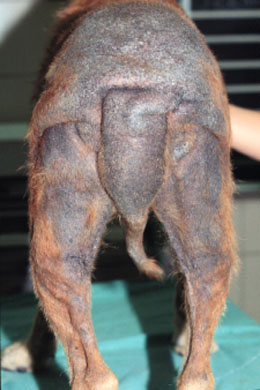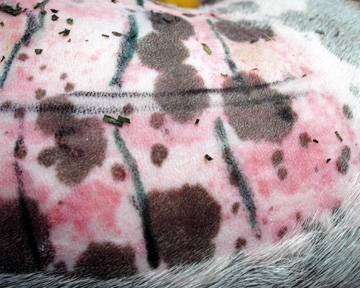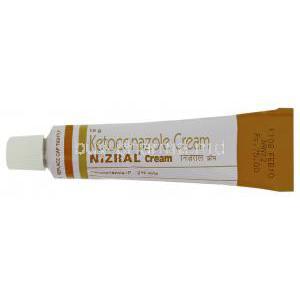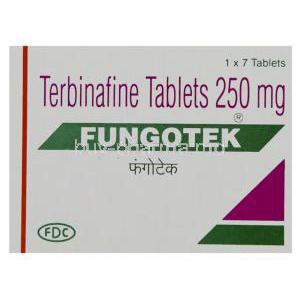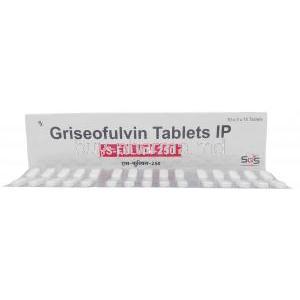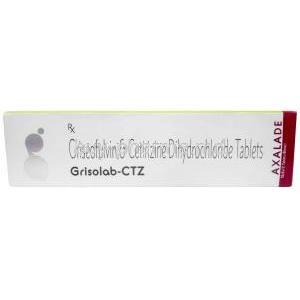Ketoheal Pet Shampoo, Ketoconazole/ Chlorohexidine
- Introduction
- Composition of Ketoheal Pet Shampoo
- Uses of Ketoheal Pet Shampoo
- How Ketoheal Pet Shampoo Works
- Dosage and Administration
- Important Precautions
- Administration to Specific Groups
- Common and Severe Side Effects
- Overdosage
- Interactions with Other Products or Medications
- Contraindications
- Handling Precautions
- Storage Guidelines
- Warnings for Pet Owners
- Off-Label Uses of Ketoheal Pet Shampoo
Introduction
Ketoheal Pet Shampoo is a meticulously formulated therapeutic solution designed to combat a wide range of skin conditions in pets. Enriched with two potent active ingredients, Ketoconazole and Chlorhexidine, this shampoo provides antifungal and antibacterial benefits, ensuring optimal skin health for pets.
- Ketoconazole: A robust antifungal agent that tackles stubborn fungal infections.
- Chlorhexidine: A powerful antibacterial compound that prevents and manages bacterial skin infections.
With its dual-action formula, Ketoheal is ideal for pets suffering from dermatological issues, including fungal infections, bacterial complications, and seborrheic dermatitis. It is specifically tailored to meet the needs of pets requiring a therapeutic approach to skin care.
Composition of Ketoheal Pet Shampoo
The effectiveness of the Ketoheal Pet Shampoo is attributed to its crafted formula.
Active Ingredients
- Ketoconazole: Renowned for its antifungal properties, Ketoconazole disrupts the cell membrane of fungi, halting their growth and proliferation.
- Chlorhexidine: Known for its broad-spectrum antibacterial activity, Chlorhexidine combats gram-positive and gram-negative bacteria, minimizing the risk of infection.
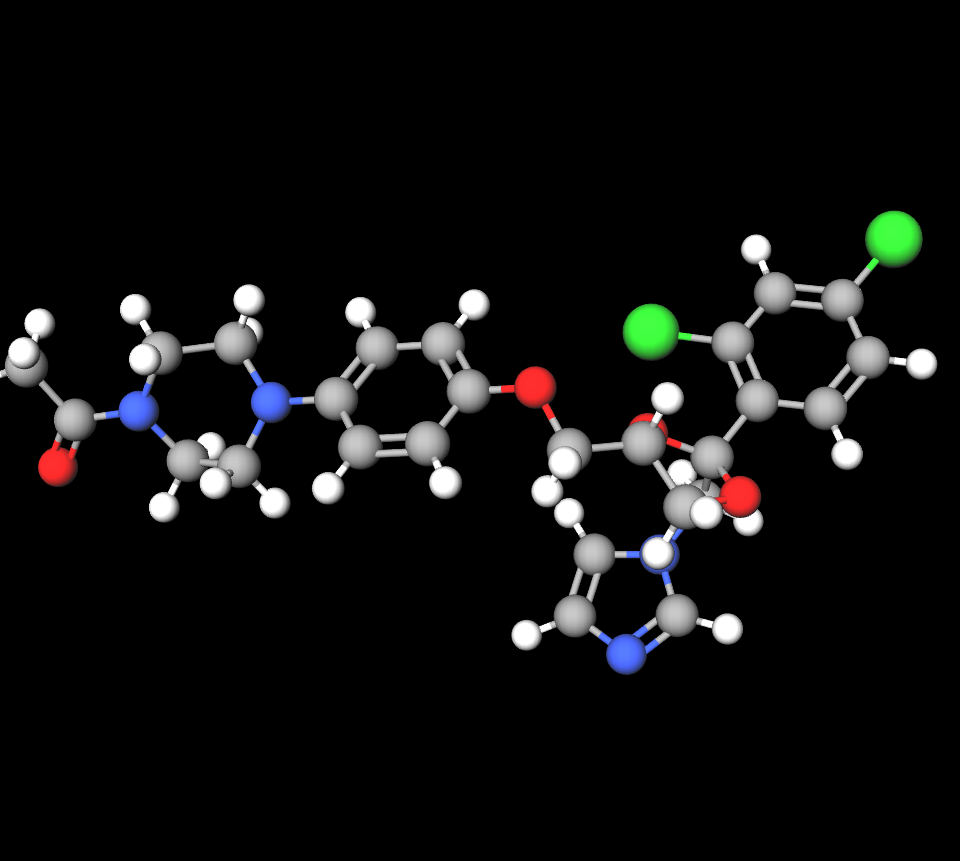
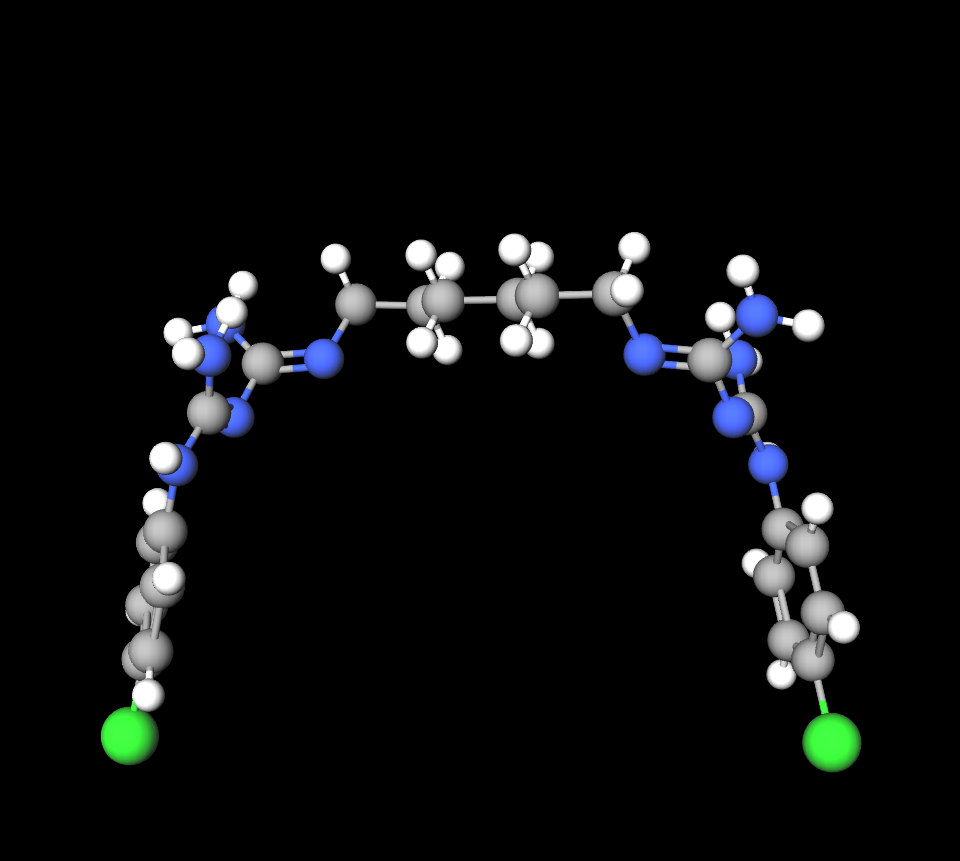
Inactive Ingredients
These ingredients assist in activating the components by offering a foundation for use and ensuring that the shampoo works well with different skin types while also keeping its stability and ease of use intact.
Ketoconazole vs clotrimazole
Prescription drug Ketoconazole is effective in treating infections like candidiasis and blastomycosis, as well as coccidioidomycosis infections that are too serious for over-the-counter remedies. For skin infections caused by yeast, like athletes' foot and ringworm or diaper rash issues, they can be treated with the easily accessible. Clotrimazole has the added benefit of being able to treat yeast infections when used intravaginally.
Ketoconazole vs miconazole
Treatment with ketoconazole is effective against infections such as candidiasis and blastomycosis or coccidioidomycosis infections. Miconazole is commonly prescribed for infections like ringworm and jock itch well as athletes' foot; it can also be used to address vaginal fungal infections in some cases.
Selenium sulfide vs ketoconazole
Ketoconazole stops the formation of ergosterol, which is vital for cell membranes. Selenium sulfide might function by slowing down the shedding of skin cells. It also possesses antifungal properties while causing local irritation.
Uses of Ketoheal Pet Shampoo
Pet owners and veterinarians can benefit from the versatility of Ketoheal Pet Shampoo as it effectively tackles skin issues in pets.
Treatment of fungal infections:
It effectively addresses issues resulting from Malassezia and other types of pathogens.
Management of bacterial skin infections:
Offers respite from pyoderma and other bacterial conditions.
Relief from seborrheic dermatitis:
Prevention of recurrent infections:
Consistent use can help reduce the chances of developing skin problems in life. Other applications not approved by authorities could involve treating itching and various experimental skin treatments with oversight from professionals.
How Ketoheal Pet Shampoo Works
The synergistic action of Ketoconazole and Chlorhexidine underpins the effectiveness of Ketoheal Pet Shampoo:
- Ketoconazole: Inhibits fungal enzymes, disrupting the synthesis of ergosterol, a crucial component of fungal cell membranes.
- Chlorhexidine: Disrupts bacterial cell walls, leading to microbial death.
- Synergy: The combination amplifies antifungal and antibacterial effects, providing comprehensive protection.
- Skin pH balance: Helps maintain the natural pH of the skin, promoting healing and preventing irritation.
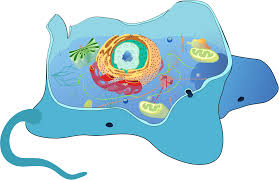
Dosage and Administration
Proper application is essential to achieve optimal results:
- Recommended frequency: Typically 2-3 times per week, as directed by a veterinarian.
- Step-by-step usage:
- Wet the pet's coat thoroughly.
- Apply shampoo generously, focusing on affected areas.
- Massage gently to ensure even distribution.
- Leave on for 5-10 minutes before rinsing thoroughly.
- Variations: Dosage may differ based on pet size, species, and severity of the condition.
- Duration: Continue treatment for 2-4 weeks or as prescribed.
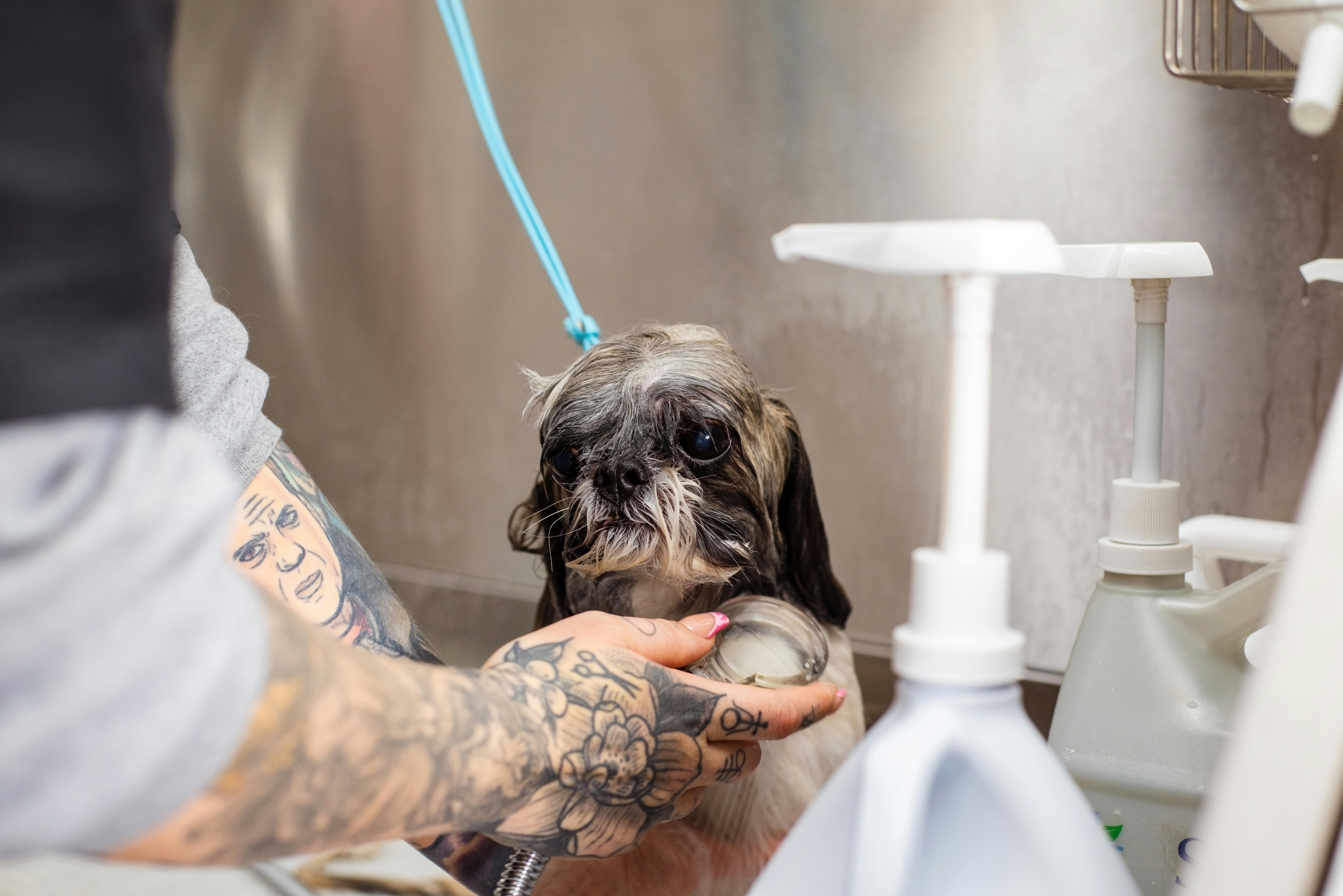
Important Precautions
Ensure safe and effective use of Ketoheal Pet Shampoo by adhering to these precautions:
- Conduct a skin sensitivity test before first use.
- Avoid contact with eyes, nose, and mouth.
- Thoroughly rinse to prevent residue that may irritate the skin.
- Monitor for allergic reactions such as swelling, itching, or redness.
Chlorhexidine allergy
Administration to Specific Groups
Special considerations are required for certain groups:
- Elderly pets: Monitor for skin thinning or heightened sensitivity.
- Pregnant and nursing pets: Use with caution, and consult a veterinarian for guidance.
- Puppies and kittens: Ensure the formulation is appropriate for their delicate skin.
Common and Severe Side Effects
While generally safe, Ketoheal Pet Shampoo may cause ketoconazole for dogs side effects
- Common side effects: Mild irritation, dryness, or temporary redness at application sites.
- Severe side effects: Allergic reactions such as swelling, intense itching, or hives. Seek veterinary care immediately in these cases.
Ketoconazole hair loss
Signs of infections in dogs may manifest as itching sensation, skin lesions, and loss of fur hair. If not addressed promptly, the condition could lead to discomfort for the canine. Regular observation and guidance from veterinarians can help alleviate these concerns.
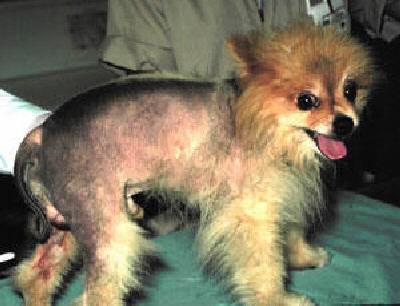
Overdosage
Symptoms of Overuse or Accidental Ingestion
Excessive use or unintentional consumption of Ketoheal Pet Shampoo can result in symptoms in pets like increased drooling and vomiting or a lack of energy sensations being felt that may arise prominently during such situations, as well as breathing difficulties and signs related to the nervous system, like trembling or confusion can also be observed in severe instances
Immediate Steps to Take in Case of Overdosage
Quick action is critical in managing overdosage. Follow these steps:
- Rinse the affected area thoroughly with lukewarm water if overuse occurs during application.
- Induce vomiting only if explicitly directed by a veterinarian.
- Provide fresh water to prevent dehydration from symptoms like vomiting or diarrhea.
Immediate veterinary consultation is imperative to ensure the pet's safety and prevent complications.
Importance of Consulting a Veterinarian
The specialized knowledge of a vet is crucial for assessing and managing overdose situations in animals. They might suggest providing treatment or advanced procedures like administering intravenous fluids or activated charcoal based on the seriousness of the situation.
Interactions with Other Products or Medications
Potential Interactions with Other Topical Treatments
Mixing Ketoheal Pet Shampoo with skin products could result in effects such as skin irritation or reduced effectiveness due to potential chemical reactions.
Safety Concerns with Concurrent Use of Systemic Agents
When paired with antibacterial medications, the active components in the shampoo might amplify or weaken the effects of these drugs. It is crucial to monitor to prevent any complications.
Recommended Waiting Period Between Applications
It is recommended to wait 12 to 24 hours between using different skincare products to avoid irritating the skin and give it time to heal.
Contraindications
Conditions That Preclude the Use of Ketoheal Pet Shampoo
Pets with skin issues like wounds or ulcers should steer clear of using KetoHeal Pet Shampoo as its components could worsen these conditions.
Pets with Known Hypersensitivity
Other Contraindications Based on Medical History
For pets with skin issues or past allergies, it's recommended to use this product with guidance from a veterinarian.
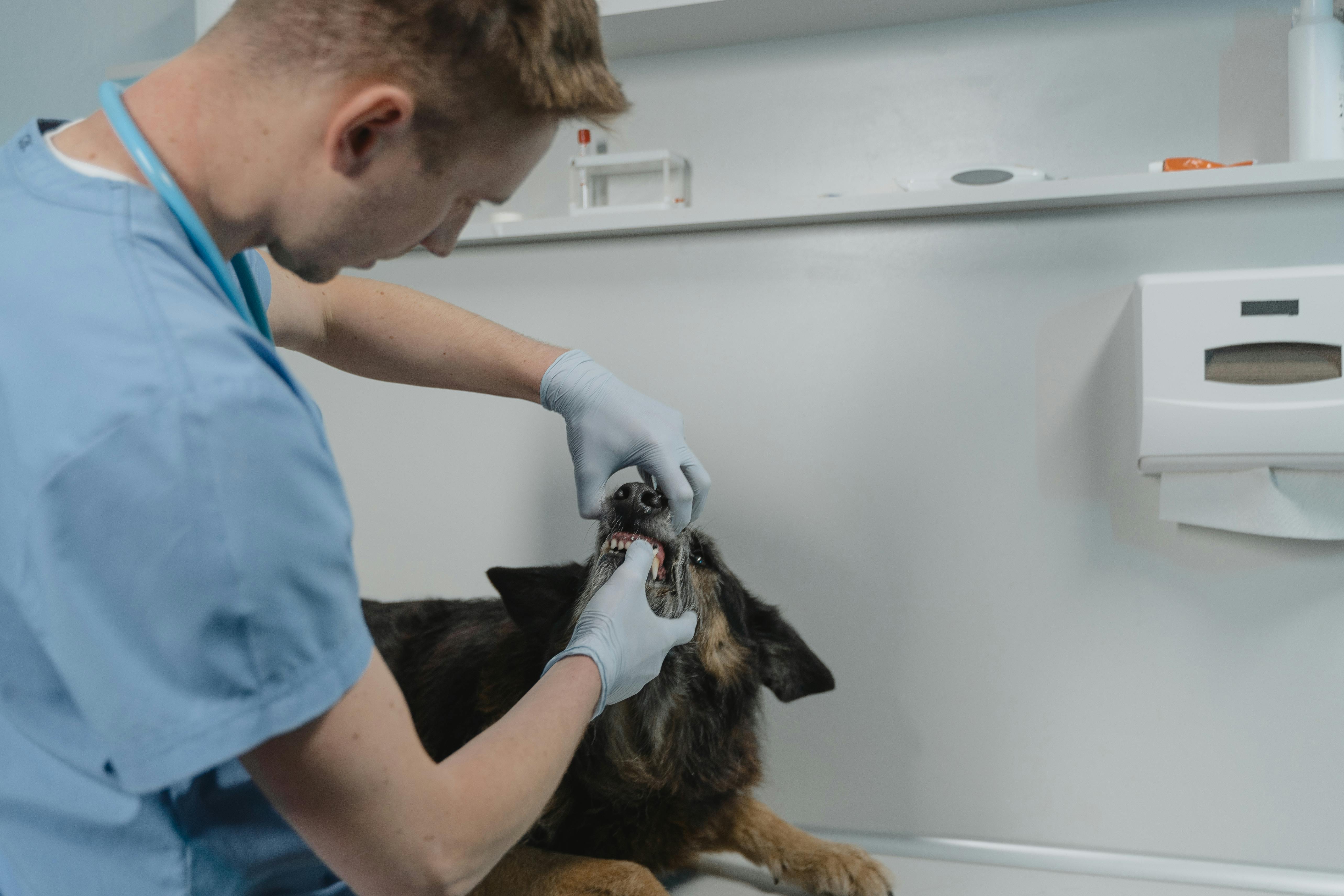
Handling Precautions
Proper Handling and Application Guidelines
Adhering to best practices ensures effective and safe application:
- Shake the bottle well before use to homogenize the ingredients.
- Use an appropriate amount based on the petâs size and coat condition.
- Wash hands thoroughly after application to remove residues.
Importance of Wearing Gloves During Application
Wearing gloves helps to lower the chances of skin irritation or sensitivity in people by reducing contact with the skin.
Safe Disposal of Unused or Expired Shampoo
Remember to dispose of any leftover or expired shampoo properly of pouring it down the drain to protect the environment from pollution.
Storage Guidelines
Recommended Storage Conditions
Remember to store the Ketoheal Pet Shampoo in a dry place to retain its effectiveness; keep it at temperatures ranging from 20°C to 25°C (68°F to 77°F).
Avoidance of Exposure to Sunlight or Freezing Conditions
Exposure to sunlight or extreme cold temperatures, may weaken the effectiveness of the components. Reduce their medicinal benefits.
Expiry Details and Implications of Using Expired Products
Always make sure to check the expiration date before using shampoo as using an expired product could result in it being less effective or causing side effects.
Warnings for Pet Owners
Key Warnings and Disclaimers for Product Usage
Avoid using Ketoheal Pet Shampoo unless you have an understanding of your pet's condition to prevent any aggravation or the emergence of new problems.

Importance of Veterinary Consultation
Before starting any treatment, it's important to speak with a vet to make sure the shampoo is suitable for your pet's requirements.
Signs to Discontinue Use
If your pet shows signs of redness or swelling and seems uncomfortable from the product use, stop using it away and consult a vet for proper care.
Off-Label Uses of Ketoheal Pet Shampoo
Experimental Applications
The Ketoheal Pet Shampoo demonstrates promise in addressing skin conditions in pets, such as forms of long-term skin inflammation.
Anecdotal Evidence
Pet owners and vets have mentioned results from using treatments in ways not approved by authorities; however, they emphasize the need for carefulness and supervision by professionals in cases.
Risks and Limitations
Using medications in ways not approved for animals can be risky as it may lead to reactions or lack of effectiveness. Please consult with a veterinarian before using them in cases.
Ketoheal Pet Shampoo, Ketoconazole/ Chlorohexidine FAQ
- How long does it take for ketoconazole cream to work?
- Does ketoconazole shampoo cause hair loss?
- Can ketoconazole cause hair loss?
- How to use ketoconazole cream for toenail fungus?
- Does ketoconazole cause hair growth?
- Can I use ketoconazole and clotrimazole together?
- Will ketoconazole shampoo kill lice?
- What is ketoconazole used for in dogs?
- Does ketoconazole block dht?
- Can i use ketoconazole shampoo daily?
- Is ketoconazole safe for dogs?
- Can you get ketoconazole over the counter?
- Can you use mupirocin and ketoconazole together?
- Does head and shoulders have ketoconazole?
- Is ketoconazole stronger than clotrimazole?
- Can you use triamcinolone and ketoconazole together?
- How long does it take for ketoconazole to work in dogs?
- Does ketoconazole work on toenail fungus?
- Can I use ketoconazole and salicylic acid together?
- Does ketoconazole shampoo strip hair color?
- What is chlorhexidine used for?
- Is chlorhexidine better than betadine?
- Is chlorhexidine good for cleaning wounds?
- Can I use chlorhexidine everyday?
- Is chlorhexidine antibacterial or antifungal?
- Who should not use chlorhexidine?
- Can I use salt water instead of chlorhexidine?
How long does it take for ketoconazole cream to work?
It usually requires around 2 to 4 weeks for the effects of ketoconazole cream and shampoo to become noticeable.
Does ketoconazole shampoo cause hair loss?
Yes
Can ketoconazole cause hair loss?
Yes
How to use ketoconazole cream for toenail fungus?
Don't forget to wash and dry the affected area thoroughly before applying a layer of cream to the impacted spot and the surrounding skin, gently massaging it in place, and remember to wash your hands.
Does ketoconazole cause hair growth?
Yes
Can I use ketoconazole and clotrimazole together?
Yes
Will ketoconazole shampoo kill lice?
Using a shampoo can effectively help with getting rid of head lice infestations.
What is ketoconazole used for in dogs?
Pets may be given ketoconazole to treat infections since it is a medication commonly used for this purpose in dogs.
Does ketoconazole block dht?
Many researchers think that Ketoconazole functions by blocking the action of an enzyme known as 'alpha reductase (AR), which aids in lowering dihydrotestosterone (DHT) levels within the body.
Can i use ketoconazole shampoo daily?
No
Is ketoconazole safe for dogs?
Ketoconazole can cause liver toxicity in dogs.
Can you get ketoconazole over the counter?
Yes
Can you use mupirocin and ketoconazole together?
Yes
Does head and shoulders have ketoconazole?
No
Is ketoconazole stronger than clotrimazole?
Sometimes, ketoconazole can be more potent than clotrimazole.
Can you use triamcinolone and ketoconazole together?
The existence of ketoconazole might result in an increase in levels of blood circulation.
How long does it take for ketoconazole to work in dogs?
It usually takes about 10 to 14 days to notice improvement when using ketoconazole medication for treating a fungal infection.
Does ketoconazole work on toenail fungus?
No
Can I use ketoconazole and salicylic acid together?
Yes
Does ketoconazole shampoo strip hair color?
Yes
What is chlorhexidine used for?
Chlorhexidine is part of a category of medications known as agents and is applied to cleanse the skin following an injury or in preparation for surgery or an injection.
Is chlorhexidine better than betadine?
When aiming for an impact, in procedures like catheter insertion, prepping skin for surgery, or handwashing before surgery, it's more effective to choose chlorhexidine over sodium hypochlorite and povidone-iodine for skin preparation purposes.
Is chlorhexidine good for cleaning wounds?
Chlorhexidine is effective as a disinfectant for the skin and for cleansing wounds that are dirty and injured; however, it should not be applied to clean healing wounds.
Can I use chlorhexidine everyday?
Short-term use only
Is chlorhexidine antibacterial or antifungal?
Antibacterial
Who should not use chlorhexidine?
Avoid taking this medication if you have a sensitivity to chlorhexidine gluconate.
Can I use salt water instead of chlorhexidine?
This study shows that saltwater performed well as chlorhexidine in reducing dental plaque and A.actinomycomitans count, while chlorhexidine was more effective against S.mutans, L.acidophilis, and P. species.





